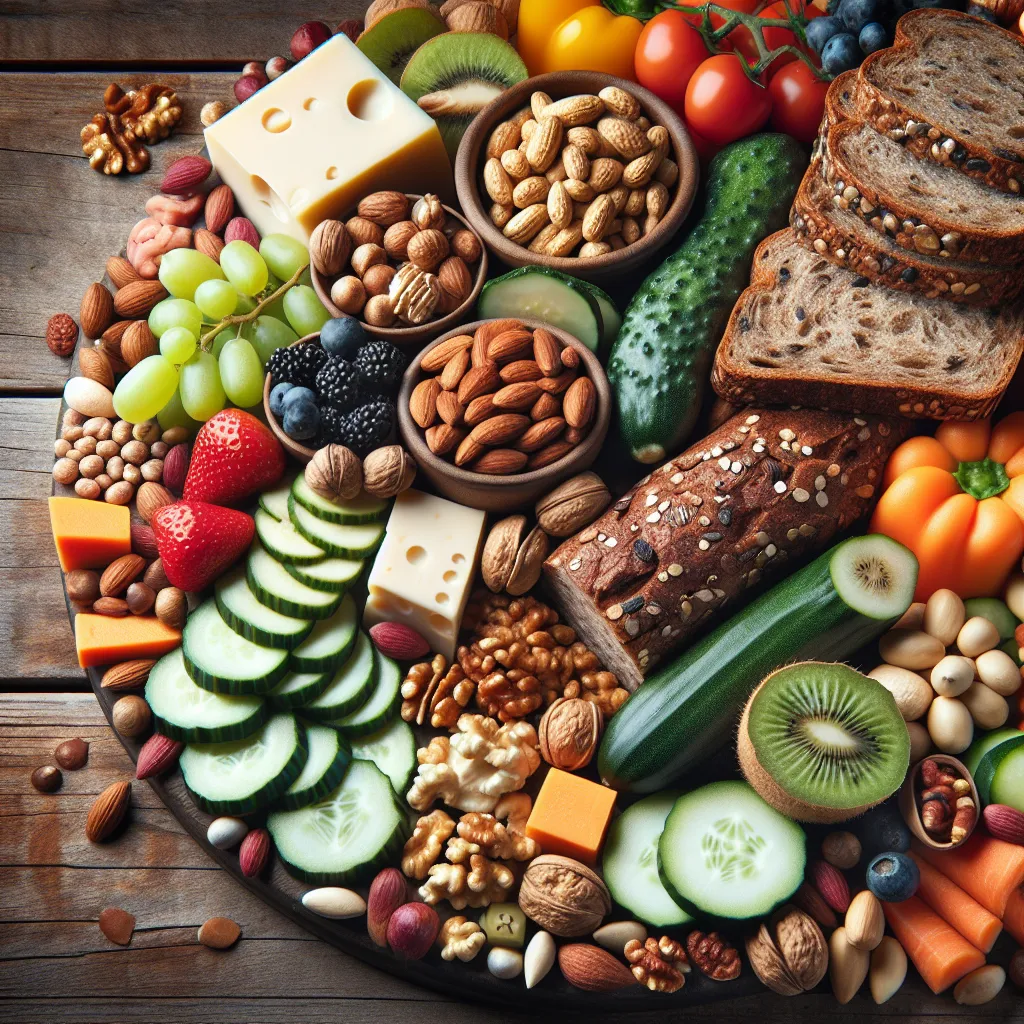Examining the Nutritional Components of Bites
When it comes to analyzing the nutritional components of bites, it’s essential to delve into the science behind the ingredients. From proteins and carbohydrates to essential vitamins and minerals, every bite we consume plays a crucial role in our overall nutritional intake. Protein is a key component of many bites, providing the body with essential building blocks for muscle growth and repair. Carbohydrates, on the other hand, offer a quick source of energy, making them an integral part of many nutritional bites. In addition, examining the presence of vitamins and minerals in bites is vital for understanding their overall nutritional value. These micronutrients can have a significant impact on various bodily functions, ranging from immune system support to bone health.
The Impact of Bite Size on Nutrient Absorption
When it comes to understanding the science behind bites and their nutritional impact, one important aspect that cannot be overlooked is the size of the bite. The impact of bite size on nutrient absorption has been a subject of interest for nutritionists and researchers alike. Studies have shown that the size of food particles can significantly influence the absorption of nutrients in the body.
Smaller bite sizes have been associated with higher nutrient absorption rates. When food is chewed into smaller particles, it increases the surface area available for enzymes to break down the food, leading to more efficient nutrient absorption in the gastrointestinal tract. On the other hand, larger bite sizes may not be broken down as effectively, potentially resulting in reduced nutrient absorption.
Furthermore, the act of chewing itself plays a crucial role in the digestion and absorption process. Chewing food thoroughly not only aids in breaking down the food into smaller particles but also stimulates the release of saliva, which contains enzymes that begin the process of digestion in the mouth. This highlights the importance of mindful eating and taking the time to chew food thoroughly to support optimal nutrient absorption.
In conclusion, the impact of bite size on nutrient absorption is an essential consideration in understanding the intricate relationship between food and the human body. By being mindful of the size of our bites and the thoroughness of our chewing, we can potentially enhance the absorption of valuable nutrients essential for overall health and well-being.
Understanding the Chemistry of Bites in Nutrition
Understanding the chemistry of bites in nutrition is essential for comprehending the impact of food on our bodies. When we take a bite of food, a complex interaction of chemicals and nutrients occurs, influencing our overall health. Bites are more than just the physical act of eating; they are a dynamic process of molecular exchange.
Macronutrients such as carbohydrates, proteins, and fats undergo various chemical reactions during digestion. Carbohydrates break down into sugars, providing energy for our bodies. Proteins are broken into amino acids, essential for cell repair and growth. Fats are converted into fatty acids, crucial for hormone production and insulation.
Furthermore, micronutrients like vitamins and minerals play a vital role in the chemical processes of our bites. For example, vitamin C acts as an antioxidant, neutralizing harmful free radicals produced during digestion. Minerals like calcium and iron are fundamental for bone health and oxygen transportation, respectively.
By understanding the chemistry of bites in nutrition, we can make informed dietary choices to optimize our health. Paying attention to the composition of our bites and the chemical reactions they trigger empowers us to nourish our bodies effectively.
Exploring the Science of Bites and Dietary Health
Exploring the science of bites and dietary health can provide valuable insights into the nutritional aspects of our food choices. The act of biting into food is not only a basic human function but also a complex physiological process that significantly impacts our overall well-being. With the increasing awareness of the importance of nutrition in maintaining good health, scientific research in this field has gained considerable momentum.
When we take a bite of food, the process of digestion begins in the mouth, where enzymes in our saliva start breaking down carbohydrates. The act of chewing also plays a crucial role in signaling satisfaction to the brain, aiding in portion control and overall caloric intake. Furthermore, understanding the composition of the food we consume is essential for making informed dietary decisions. Analyzing the nutritional content of different bites allows us to assess the balance of macronutrients, essential vitamins, and minerals in our diet.
Researchers constantly explore the science behind bites to unravel the intricate relationship between food consumption and its impact on our health. By delving into the nutritional analysis of various bites, they can identify dietary patterns that promote overall well-being and reduce the risk of chronic diseases. Additionally, advancements in nutritional science have led to the development of innovative dietary guidelines, personalized nutrition plans, and functional foods tailored to individual needs.
As we continue to unravel the complexities of nutritional science, exploring the science of bites and dietary health remains a focal point in promoting holistic well-being. By delving into the nutritional composition of the bites we take, we can make informed choices that support a healthy lifestyle and long-term vitality.

